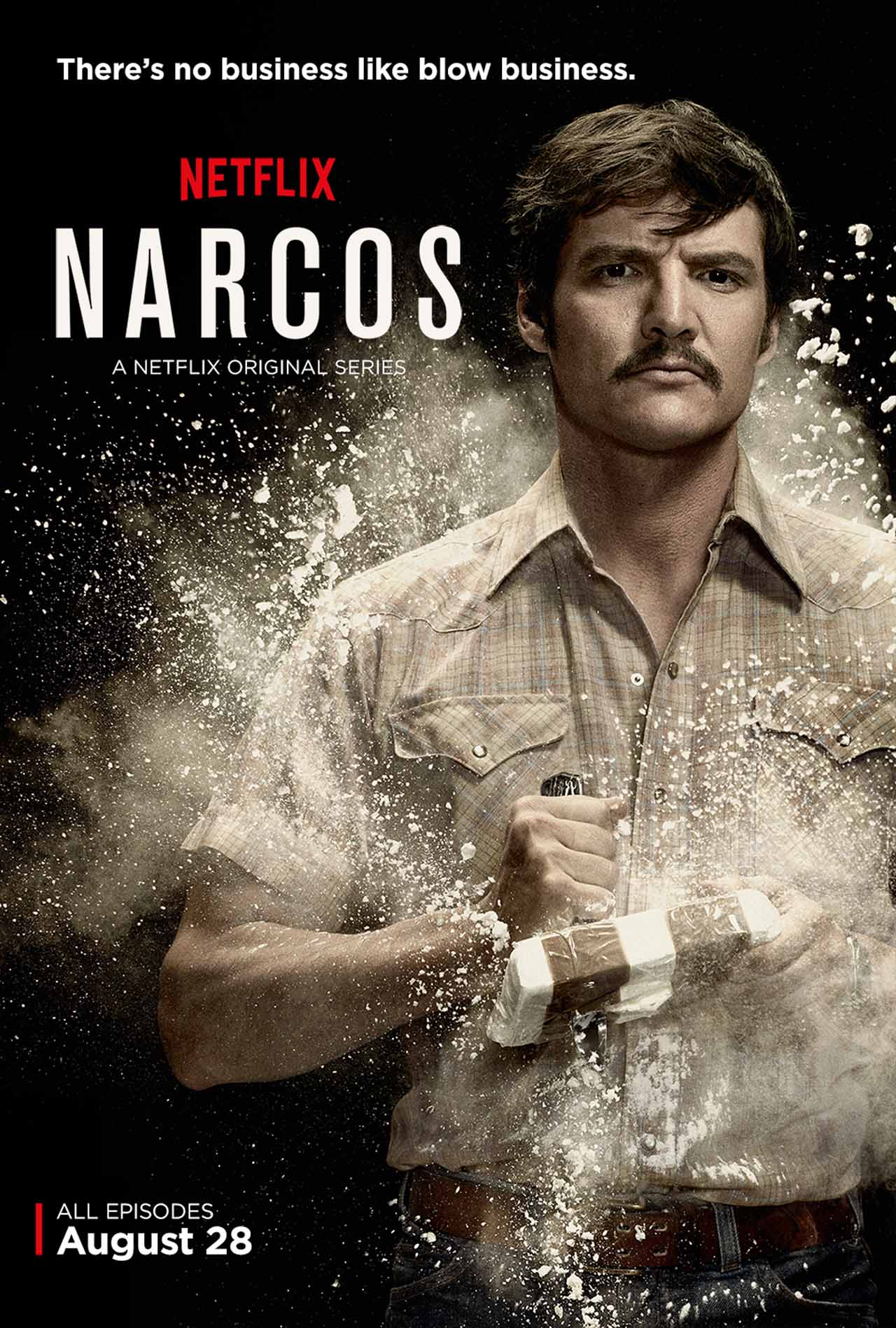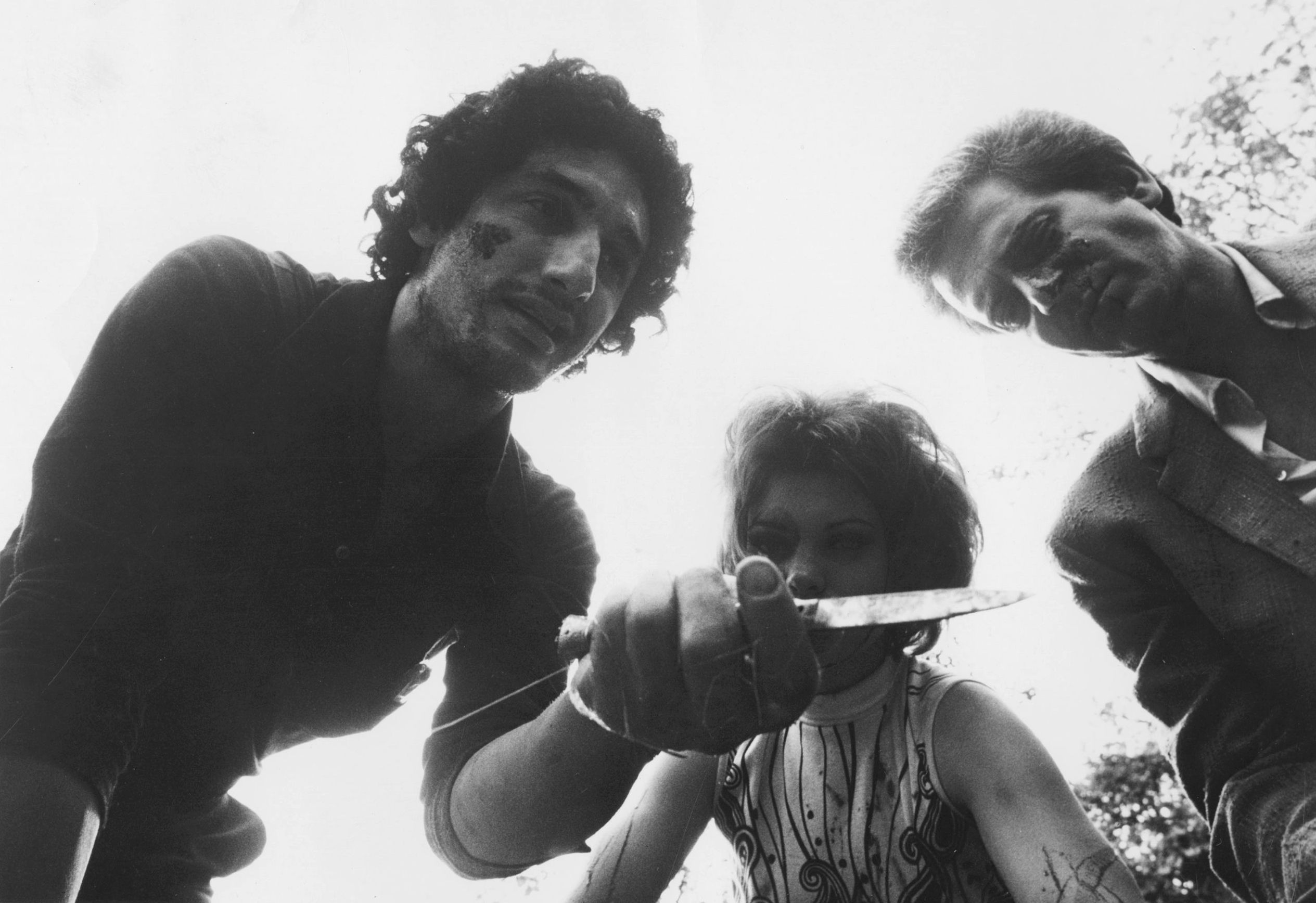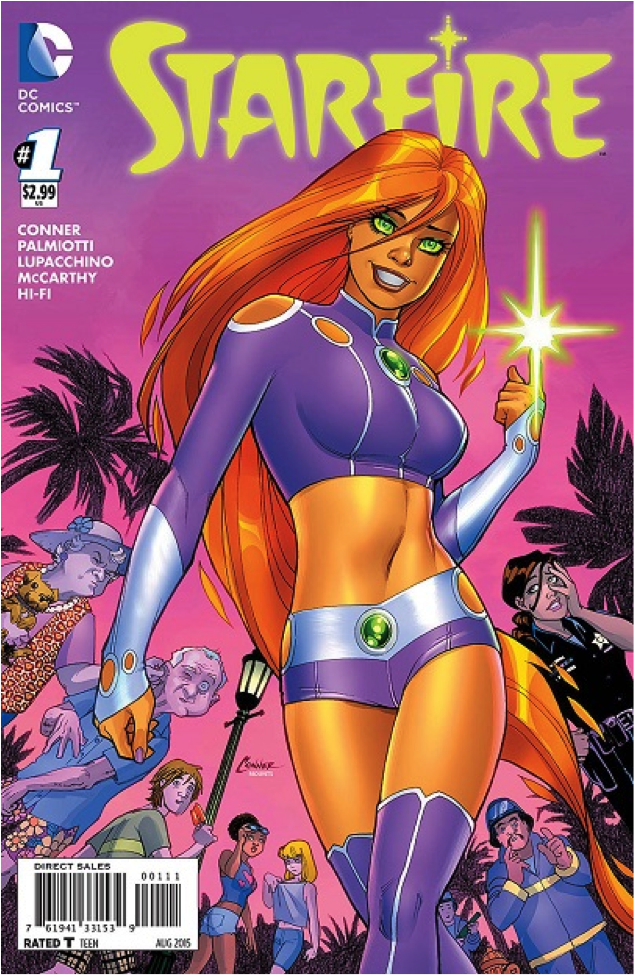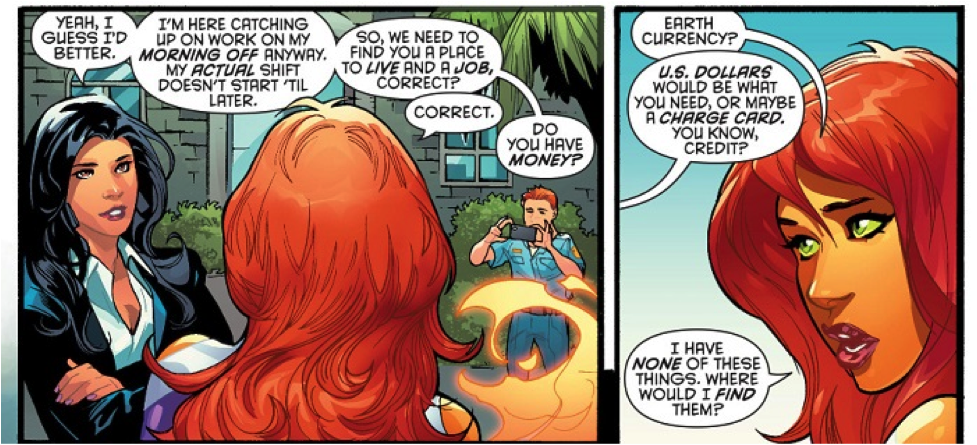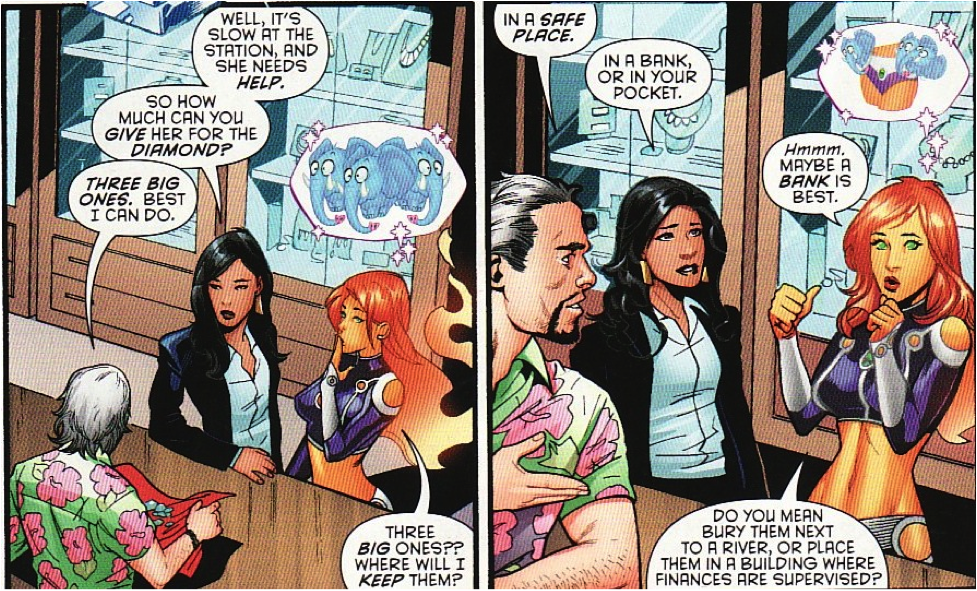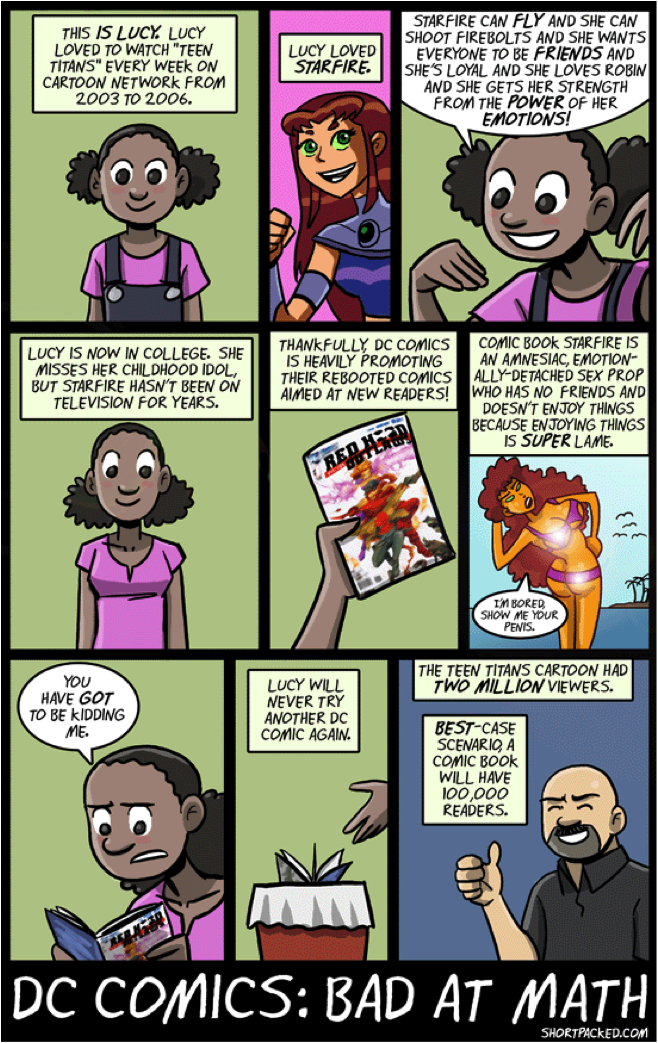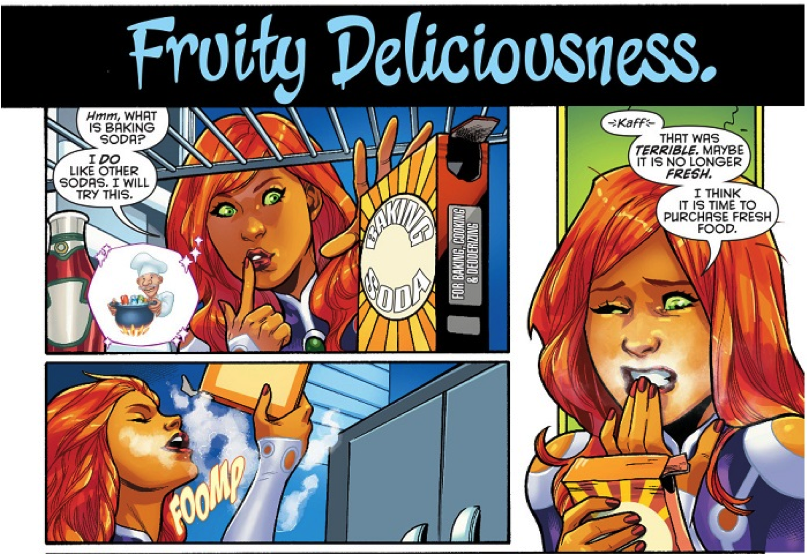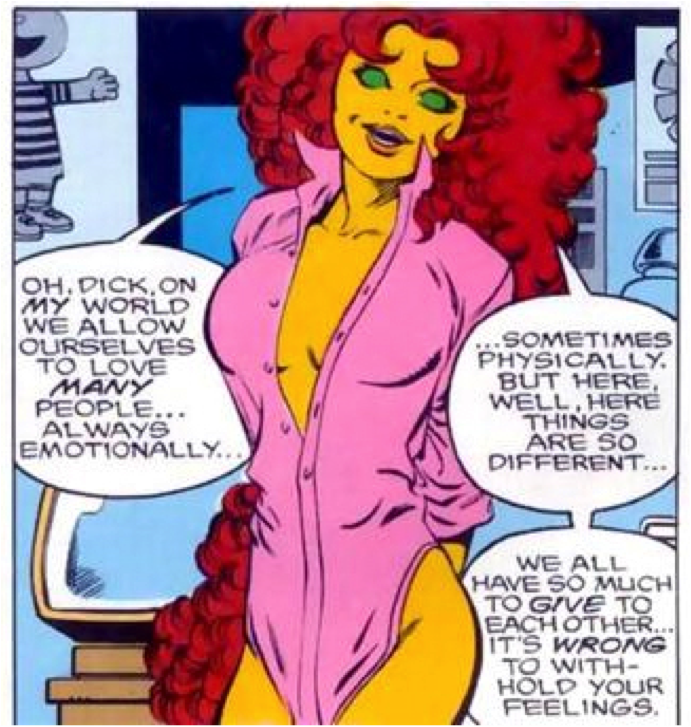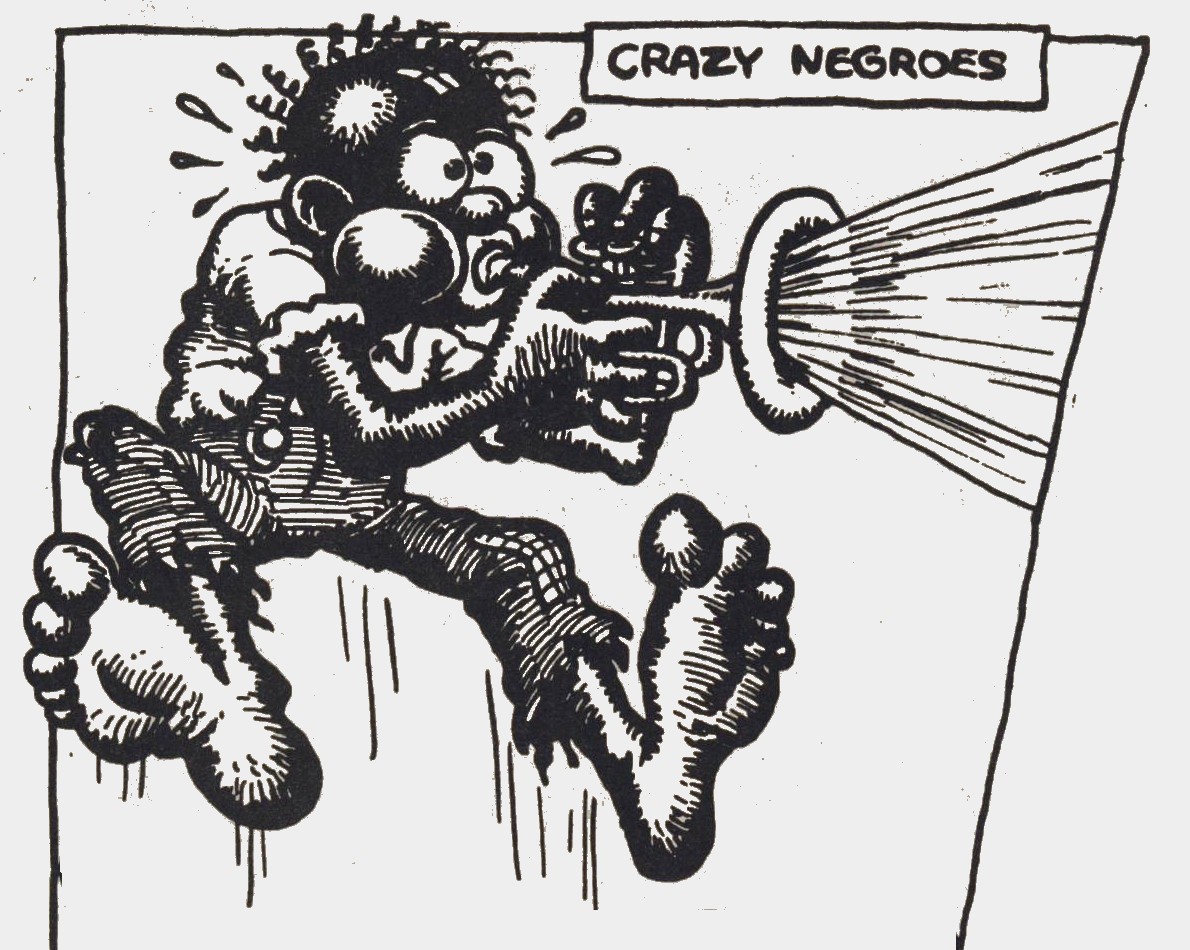New York Times reviewer A. O. Scott declared in 2012 that the superhero movie genre, “though it is still in a period of commercial ascendancy, has also entered a phase of imaginative decadence.” According to Scott, it’s been all downhill since Heath Ledger won the 2008 Best Supporting Actor for the Joker.
I think 2008 was the tipping point too, but not because of The Dark Knight. I miss movies like Peter Berg’s 2008 Hancock. Not because Hancock is better than The Dark Knight–it’s not–but because Hancock marks the moment Hollywood stopped experimenting with original superheroes.
M. Night’s Shyamalan’s 2000 Unbreakable is another good, imperfect movie–one made better in retrospect because of its ability to experiment with tropes by creating its own characters. 2008 also marks the start of Marvel’s ascendancy with Iron Man, and so the financial incentive to duplicate instead of innovate. The experimental phase was over.
So I am returning to the year 2008 of an alternate Earth in which an alternate Hollywood did not embrace the Marvel and DC pantheons, but instead explored those formulas with new characters who mirrored and warped the Avengers and Justice League in different directions. This screenplay isn’t necessarily better than those coming out of Hollywood these days (except for the Fantastic Four, it’s definitely better than the Fantastic Four), but at least it’s not identical to them.
Here’s the first act:

THE DAILY STAR
LOGLINE: Superheroes must escape a government prison that’s brainwashed them into thinking they’re only their mild-mannered alter egos.
INT. BLACK SCREEN.
JOHNNIE (V.O.)
Okay, let’s get this started.
INT. LOLA’S BEDROOM — MORNING.
Close-up of LOLA’s face, eyes closed, head on pillow. A pair of hands opens her eyes and shines a medical flashlight into each. Another pair of hands is touching up her make-up. Voices continue as though through headphones from a remote location.
TECHNICIAN ONE (V.O.)
Initiating reboot.
TECHNICIAN TWO (V.0.)
Chip interface engaged.
JOHNNIE (V.O.)
Clear the room.
TECHNICIAN TWO (V.0.)
All levels clean and steady.
JOHNNIE (V.O.)
I said clear the room.
All hands withdraw.
TECHNICIAN THREE (V.O.)
Active in three . . . two . . . one.
LOLA opens her eyes.
TECHNICIAN ONE (V.0.)
We are online.
LOLA sits up in bed and blinks. She’s expressionless, perhaps a little uncertain as she takes in her perfectly decorated and antiseptically neat bedroom. Her nightgown is blandly conservative. The alarm clock on her bedside table starts beeping as it flips to 7:00. She turns to look at it but doesn’t turn it off. A skirt suit is draped across a chair ready to wear. She touches it and then withdraws her hand. A row of star-shaped, newspaper writing awards stand on her desk. She looks at them and blinks expressionlessly and then touches her temple as though registering a vague pain.
TECHNICIAN THREE (V.O.)
Ah . . . do we have a problem?
JOHNNIE (V.O.)
Hang on.
TECHNICIAN TWO (V.O.)
Maybe yesterday’s containment dose was too—
JOHNNIE (V.O.)
I said wait.
Finally, LOLA shakes off her daze, clicks the alarm off, and steps off screen to start her day.
JOHNNIE (V.O.)
Okay. We’re rolling.
INT. SURVEILLANCE ROOM — DAY.
Pan across a row surveillance screens as technicians chatter. We see LOLA stepping into her shower, and then five other subjects at increasingly later points in their morning routines: dressing, eating breakfast, kissing a wife goodbye, hailing a taxi on the street.
The fifth, however, is CARL CLARKSON, who remains in bed. The camera pauses on his sleeping face, which twitches as if he’s lost in a disturbing dream.
JOHNNIE (V.O.)
And how’s our big boy doing?
TECHNICIAN TWO (V.O.)
Sleeping like a baby.
TECHNICIAN THREE (V.O.)
Scary, big-ass baby with artificially suppressed circadian cycles.
TECHNICIAN ONE (V.O.)
Ready, sir?
JOHNNIE (V.O.)
Yeah. Hit him.
INT. CARL’S BEDROOM – DAY.
CARL jerks awake, disoriented. His childish pajamas are mismatched, half-inside out, and a size too large and/or too small. The bedroom is an equally flamboyant mess. He grabs the alarm clock on his bedside table, knocking his glasses and a newspaper to the floor in the process.
CARL
I forgot to set it again?!
He fumbles out of bed, chasing his glasses across the fallen newspaper. Camera follows his feet as he steps on the newspaper and stubs his toe on an inconveniently positioned chair. He puts on his glasses and makes his way to the bathroom, cursing “Darn it! Darn it!” Zoom into the front page of The Daily Star and a photograph of OMEGA MAN in full superhero costume. Zoom closer to reveal that OMEGA MAN’s face is CARL’s, only grinning and beaming with confidence.
CREDITS OVER A SEQUENCE OF NEWSPAPER PHOTOGRAPHS.
Documentary-style pan over Daily Star photos of THE POWER LEAGUE, some posed, some in action. OMAGA MAN and AMAZONIA are most prominent, with SHAPESHIFTER, SPEEDSTER, CYBORG and POWER RING. The characters’ garish unitards look absurd, but their actions appear nonetheless superhuman. The last headline reads: “Power League Thwart Dr. Megastein Again.” There’s a photo of AMAZONIA punching a supervillian. The byline includes a small image of reporter LOLA LITTLE in perfect make-up and her hair in a confining bun.
INT. BACK SEAT OF TAXI — DAY.
The newspaper is held by a pair of well-manicured hands, which fold the paper to reveal LOLA looking identical to her photo. Setting the paper aside, she glances outside at detour signs and construction crews working around bomb-like craters in the street.
LOLA
What’s all the damage from?
TAXI DRIVER
You mean the construction? Didn’t you hear? They’re extending the subway line. It’s always something, ain’t it?
LOLA nods and rubs her temple as though just aware of a forming headache.
EXT. STREET — DAY.
LOLA steps out of the stopped taxi and pays the driver through his window. She’s carrying her briefcase and two newspapers.
LOLA
Keep the change, Max.
TAXI DRIVER
Thank you, Miss Little! You have a good day now!
Pan up the height of the 1930s era skyscraper to the giant Daily Star star-logo mounted on the roof, identical to Lola’s star-shaped awards. The building, like the streets, appears to have sustained recent damage.
INT. DAILY STAR LOBBY — DAY.
LOLA strolls past fresh-looking plywood blocking ruined walls; only a sign, “The Marketplace,” indicates that a café previously filled the space. A JANITOR is mopping the floor by the elevators.
LOLA
Morning, Charlie. What happened in here?
JANITOR
Renovations. Always got to be changing something, don’t they, Miss Little?
LOLA nods, frowning at other signs of damage in the lobby, but keeps moving to the waiting elevator. JANITOR glances back at her before speaking into a microphone in his collar.
JANITOR
Gamma at final checkpoint.
EXT. STREET — DAY.
Cab pulls up, and CARL rushes out. His tie is crooked and he’s fighting back a yawn.
DRIVER 2
Hey buddy, you gotta pay me!
CARL fumbles with his wallet and briefcase, almost dropping both.
CARL
Oh, gosh, I’m so sorry, here, it’s a, how much, let me, um . . .
The DRIVER takes a bill.
DRIVER
Thanks for the tip.
CARL
Oh, actually, if you could give me . . .
The taxi pulls away.
INT. ELEVATOR — DAY.
LOLA enters the elevator, and the doors begin to close as she sees CARL running toward her.
CARL
Lola! Hold the door please! Lola!
She grimaces, and her hand shoots for the “close” button, but then freezes. At the last moment, she presses “hold” instead. CARL steps inside with a look of surprise.
CARL
Well, thank you, Lola.
LOLA
No problem, Carl. We’re partners after all. Need to watch each other’s back.
CARL
Partners. Wow. I always sort of got the sense you saw me as a kind of, I don’t know. Competitor? Not, I mean, I’m obviously not half the reporter you are, but —
He interrupts himself with an achingly wide yawn.
CARL
Oh my, excuse me. I can never seem to get a good night’s sleep.
LOLA begins to reflexively agree, but then stops, surprised.
LOLA
Actually. I slept great last night. Best sleep I’ve had in years.
(a realization)
I feel like a new person.
INT. DAILY STAR NEWSROOM — DAY.
Elevators doors open to an expansive newspaper newsroom, reminiscent of the 1970s. LOLA almost steps out but then freezes. She blinks out at the room. CARL stares at her, confused that she’s not jumping into her day.
CARL
After you, Lola?
LOLA steps out, gazing around uncertainly. MR. BLACK, Editor-in-Chief, steps between LOLA and CARL.
BLACK
Afraid you two were trying to take the day off.
CARL
Of course not, Mr. Black, we would never –
BLACK
What’s the status on the Omega Man feature?
LOLA is in a daze.
BLACK
Lola?
LOLA
What? Oh. Sorry, Chief. Final edits. On your desk by noon.
BLACK
And the Governor’s interview?
LOLA
His people are whining for an advance look, but I said . . .
BLACK
You said . . . ? No way, right?
LOLA
Right. Of course, I did. Wasn’t part of the . . .
BLACK
Deal.
LOLA
Deal.
BLACK looks at her nervously, but moves on to CARL.
BLACK
How about you, Carl? You ever going to finish that global warming thing?
CARL
Actually, my source is getting cold feet, so I may have to call another expert, you know, to make sure the data is absolutely correct?
BLACK
Playing it safe, Carl. That’s what we like about you.
BLACK pats CARL on the back and watches him walk toward his desk. BLACK surreptitiously inserts a Bluetooh in his ear and speaks under his breath.
BLACK
Omega on script, but Gamma barely functional. Thought you said she sustained no damage yesterday?
INT. SURVEILLANCE ROOM — DAY.
A metallic, high tech room with a wall of surveillance screens and TECHNICIANS in the background. Most of the screens now show angles of the newsroom. JOHNNIE, a twenty-something incongruously dressed in a bowtie and suspenders, speaks into a Bluetooth while snapping his fingers at one of the TECHNICIANS.
JOHNNIE
She checked out, but they’re running another diagnostic right now.
TECHNICIANS jump to action at the implied command. Move in closer to the screen in front of JOHNNIE to show a black and white image of BLACK standing in the newsroom. He glances up at the ceiling camera.
BLACK
Good. Now get out here with those donuts.
BLACK pockets Bluetooth.
INT. NEWSROOM, CARL’S WORKAREA – DAY.
CARL stumbles over a trashcan as he reaches his desk; he’s watching LOLA intently across the newsroom. CY, another reporter, is seated at the adjacent desk, fighting with a 90s era PC.
CY
Why won’t this thing work? I hate these damn machines! Hate them!
CARL
Why don’t you call IT? I swear you do this every . . .
CARL watches LOLA rubbing her forehead in pain as she arrives at her desk.
CY
You say something, Carl?
CARL
Sorry, Cy. You should just ignore me. I swear I’m not myself today.
CY
Yeah, you look a little off. I’d tell you to go home, but . . .
(gesturing at BLACK entering the conference room)
when was the last time the chief gave any of us a day off?
CARL tries to echo Cy’s good-natured laugh as CY stands and head toward the conference room with his yellow pads.
INT. NEWSROOM, LOLA’S WORKAREA – DAY.
LOLA sits at her desk as the extravagantly dressed fashion editor, CAMELLIA, strolls by. Her pearl CHOKER stands out from the rest of her outfit. LOLA is too distracted to notice her.
CAMELLIA
Morning, Lola.
LOLA
Oh, Camellia. Hi. Good morning. Nice out . . .
Something catches LOLA’s eye, and CAMELLIA flinches, afraid her appearance is imperfect.
CAMELLIA
What’s the matter?
LOLA
Is that the same choker you wore yesterday?
CAMELLIA
This old thing? I just threw it on today for a lark. Classy, don’t you think? Some things never go out of . . .
She appraises LOLA’s suit and sneers, before sauntering off.
CAMELLIA
Style.
LOLA looks around her desk, still dazed. ROGER is seated at the desk adjacent to her; he’s rifling through drawers frantically searching for something.
ROGER
Where is it? Where the hell is it?
LOLA
You lose something, Roger?
ROGER
My ring. It was right here a second ago.
LOLA
Don’t worry. I’m sure it’s . . .
LOLA looks around the newsroom with an anxious expression.
LOLA
. . . somewhere.
JOHNNIE, now acting the part of a boyish intern, jogs past carrying a donut box.
JOHNNIE
Staff meeting in the conference room, one minute!
LOLA, jarred back into action, grabs one of her two newspapers and starts to follow him, but stops when she notices JANIE, young sports reporter dressed in a running suit, slumped at her desk. Everyone else is moving into the conference room.
LOLA
You okay, Janie?
JANIE lifts her head, bleary-eyed.
JANIE
I just can’t seem to get myself moving today.
LOLA
Here. Let me give you a hand.
LOLA helps her stand and the two hobble toward the conference room together.
INT. CONFERENCE ROOM — DAY.
A long table with a wall of windows looking out at the city, except one of the windows has been recently cracked and is sealed with tape. The walls are decorated with framed Daily Star front pages that feature large photographs of the Power League members. Everybody is taking seats. BLACK notices CARL looking intently at LOLA as she enters with JANIE. BLACK slides the box of donuts at him.
BLACK
Make yourself useful, Carl.
CARL
What, sir? Oh. Right, sorry.
CARL struggles to open the box, his eyes still on LOLA. She sits as JANIE crumples into the last chair. LOLA looks at the cracked window.
LOLA
What happened in here? I swear this town looks like a war zone today.
JOHNNIE
Oh, funny story, Miss Little! Those window cleaner guys were messing around with that elevator thingy when one of the controls –
BLACK grabs the box of donuts from CARL, zips it open, and skids it to the center of the table.
BLACK
Okay, people, listen up, we got a big day here. I need everybody 100% focused.
JOHNNIE
Gosh, Mr. Black, don’t we ever get a day off?
BLACK
If we make this deadline, we can all have a well earned vacation. But first thing first. Camellia, how’s that fashion spread?
CAMELLIA
I need another half-page.
BLACK
No changes.
CAMELLIA
But the photos are so tiny, you can’t see —
BLACK
How many times do we have to go through this? Stay inside your borders.
During BLACK and CAMELLIA’s exchange, CARL notices ROGER neurotically winding a piece of paper around his ring finger.
ROGER
(whispering)
Have you seen my ring, Carl? My wedding ring? I swear I was just wearing it. If my wife finds out I lost it she’s going to kill me.
CARL
I haven’t seen it, Roger. Did you leave it at home?
BLACK
Something you two want to share, Carl? It’s only a newspaper I’m trying to run here. I don’t have to tell you how important this edition is. Cy, the technology insert, ready to print?
CY
It would be if my PC hadn’t crashed. Now I’m going to have to retype the whole —
LOLA
Why is it important?
All look at her in startled silence. CARL’s reaction is particularly acute.
CARL
What did you say, Lola?
LOLA
This edition? We put out a paper every day. What’s so important about today’s?
More stunned silence.
JOHNNIE
Gosh, Miss Little, that’s not a very constructive attitude.
CAMELLIA
Next she’s going to say newspapers are a dying breed or something.
JOHNNIE
It’s like Mr. Clarkson is always saying — what’s that expression of yours, Mr. Clarkson?
CARL
Ah . . . live each day like it’s the only one you have?
JOHNNIE
Now that’s what I call philosophy!
CY
Yeah, you’re quite the philosopher, Carl.
CARL
Oh, I didn’t think that up myself —
BLACK
Lola, update everyone on your Omega Man and governor pieces. I haven’t decided which to lead with. Got an opinion?
LOLA
Neither.
The room is further shocked.
BLACK
And what, go with Carl’s global warning thing?
The others chuckle.
CARL
The front page? I really don’t think something I write belongs on —
LOLA
Omega Man, the governor, that’s yesterday’s news.
BLACK
You got someone better to interview?
LOLA
Yes. Doctor Megastein.
Silence, then the staff breaks into more laughter, except for CARL who forces a smile but is looking at LOLA with increasing interest.
CY
Good one, Lola.
JOHNNIE
The most evil supervillain who’s ever lived.
ROGER
Yeah, ask him about his next plan for world domination so the Power League can get ready for it.
CAMELLIA
Ooo, and I can do a photo spread of his tacky battle suits!
LOLA
I’m serious.
BLACK
And how exactly are you planning to find him to get an interview?
LOLA
Well, he is in custody.
Laughter ends with renewed shocked silence. BLACK is about to speak, but CARL cuts him off.
CARL
How do you know that, Lola?
LOLA
It was in the paper.
CAMELLIA
Ah, we write the paper, darling. I think we would have noticed if —
LOLA unfolds the newspaper she’s been carrying. It’s the New York Times. Photo of damaged streets and buildings. Headline: “Government Meta-ops Subdue Terrorist.” There’s a photo of an explosion on the street outside and people running; some kind of aircraft is visible through the smoke. Another photo is a close-up of the terrorist, Dr. Stein, a middle-aged man with a goatee.
LOLA
Not The Star. The Times.
CY
The what?
CAMELLIA
Oh my god, when did this happen?
ROGER
New York has another newspaper!
CY
“Government Meta-ops Subdue Terrorist.”
CAMELLIA
What’s a meta-op?
CARL picks up the paper.
CARL
Lola, where did you get this?
ROGER
What’s a terrorist?
BLACK grabs the newspaper from CARL and shoves it at JOHNNIE.
BLACK
Ok, people, settle down.
JOHNNIE
I’m just going to go check on the, um . . .
JOHNNIE rushes out of the room with the paper.
BLACK
Lola, after the governor and the Omega Man feature are in print, you can interview Adolf Hitler for all I care. Tomorrow. But today we stay focused on today. So get cracking, people! Let’s go! Let’s go!
JANIE jerks awake.
JANIE
Okay! I’m going! I’m going, I’m . . .
She melts back down as others obediently file out. LOLA is rubbing her forehead. ROGER is crawling around on the floor.
ROGER
Has anyone seen my ring?
INT. BLACK’S OFFICE – DAY.
Large desk with exterior windows behind it and in front of it a wall of interior windows with a wide view of the newsroom. BLACK enters and is about to close the door when CARL appears in the doorway.
CARL
Mr. Black, I don’t want to bother you, but I was thinking about what Lola—
BLACK
So don’t.
CARL
Don’t?
BLACK
Bother me.
CARL
(after a self-deprecating chuckle)
But I was thinking—
BLACK
Don’t do that either. You’re not here to think. You’re here to report.
CARL
I know, I do, but if there are reporters at other newspapers who know so much about—
BLACK
Carl. This is the Daily Star. The best newspaper in the world. You know that, right?
CARL
Yes, of course, but—
BLACK
So do your job.
BLACK closes the door. CARL remains visible behind the glass and the slats of the blinds. BLACK twists the cord. CARL tilts to look in through the next window, finger raised to speak, and BLACK closes those blinds too. He closes all of the blinds until he’s sure he has complete privacy.
INT. PRIVATE BATHROOM – DAY.
BLACK steps into the private bathroom connected to his office. He slides the toilet paper dispenser aside to reveal a secret panel with a scanning pad. When he holds his hand to the pad, a green light blinks and the wall of the bathroom begins to open.
INT. SURVEILLANCE ROOM — DAY.
Lola’s taxi driver is seated with the wall of monitors and TECHNICIANS in the background. JOHNNIE is yelling at him while shaking the New York Times in his face.
JOHNNIE
What do you mean it’s not your fault!
TAXI DRIVER
The damage from the attack, I had to take a different route, so when she stops for her paper like always she must’ve found a second vending machine, a real one.
(pointing at newspaper)
I didn’t even know they still sold these damn things!
JOHNNIE
You didn’t keep eyes on her?
TAXI DRIVER
That’s against protocols. Don’t make her paranoid, that’s what you said.
JOHNNIE
Did I also say contaminate the entire meta-quarantine with rogue information?
JOHNNIE doesn’t notice BLACK entering from an armored door behind him. Through the door is a brief view of BLACK’s bathroom and office.
BLACK
Better than chip malfunction.
JOHNNIE turns.
BLACK
I was afraid we were headed for a full defection scenario.
BLACK turns to the TECHNICIANS.
BLACK
The chip is fine, right?
The monitors show the Daily Star staff in the newsroom. Some are just the black and white surveillance images, but others appear higher tech with heat signatures and LED readouts. They are studying LOLA.
TECHNICIAN ONE
All levels within standard ranges.
TECHNICIAN TWO
Her cognitives are running high though.
TECHNICIAN THREE
But expected given the contagion.
BLACK plucks the Times from JOHNNIE’s hand.
BLACK
Which means the problem disappears after reboot.
And he chucks it into a metal wastepaper basket.
TECHNICIAN ONE
If the anomalous behavior is an environmental response, then yes. She wakes up her old self tomorrow.
JOHNNIE
Which is a long time from right now. I say sedate her, keep her isolated until we can purge them all.
TECHNICIAN TWO
You risk serious cerebral damage. Yesterday’s post-activation containment dose would have lobotomized an elephant.
TECHNICIAN THREE
Plus you keep any of them unconscious too long and their cortexes fry.
JOHNNIE
A necessary risk.
BLACK
Tell that to the Pentagon. Look, after what Stein pulled yesterday, this is nothing. Just walk her through her script. We’ve done it a thousand times.
JOHNNIE leans down to stare at LOLA in a monitor as she stands up from her desk. He’s frowning.
JOHNNIE
Right. What could possibly go wrong?
INT. NEWSROOM — DAY.
CARL is seated, carefully squinting at newspaper copy, while cross-referencing information in the several large scientific volumes spread around his desk. He holds a pencil in his hand and is unconsciously driving it into the palm of his other hand. He glances down shocked to see that he’s ground the pencil to a stub, but there’s not a mark on his skin.
LOLA appears behind him, an open folder in her hands. She waits for him to notice her, but he’s too absorbed.
LOLA
Carl.
CARL yelps and spins, tosses the pencil stub at his garbage can, misses the can, retrieves the stub from the floor, and drops it into the can.
CARL
Lola! Yes, uh, yes, I’m sorry, what —
LOLA
I need your help.
CARL
You . . . you what?
LOLA
You’re the science expert around here, can you look at —
CARL
I would hardly call myself —
LOLA
I’m going over the Omega Man feature, and, I don’t know. Some of it sounds a little . . . silly.
CARL
Silly? The most powerful man on the planet?
(nervous whisper)
You know he might be able to hear you?
LOLA
This bit about how some “magical sorcerer” gave him his “Omega” powers? He says a secret word and a lightning bolt strikes him?
Beat.
CARL
What’s silly about that?
LOLA
Where does the lightning bolt come from?
Beat.
CARL
The sky.
LOLA
But the main current, the part of lightning you see, it travels up from the ground, not down to it. Wouldn’t it make more sense if the bolt came out of him? With the release of some kind of artificially contained energy. It must build up while he’s passing as human.
CARL
Passing? You make it sound like he’s trying to trick us.
LOLA
He is. When he’s in his human disguise. What if the “magic word” is only psychological? A post-hypnotic trigger?
CARL
That’s crazy, Lola. Next thing you’ll be saying that, that Amazonia isn’t really an Amazon.
LOLA
A lost city of woman warriors hidden in Antarctica? How come nobody’s ever found it?
CARL
It’s Antarctica. People don’t go wandering —
LOLA
But satellites? The military’s never sent jets to locate it?
CARL
The government would never do that! They respect her too much, her and all the superheroes. They need them to protect us. We’d be lost without them.
LOLA
Exactly. They’re invaluable. Like, like the police or, or nuclear deterrents. Superheroes are just ICBM’s. Only with free will. Bombs with brains.
CARL
That’s not a very nice way to think —
LOLA
What if the U.S. nuclear arsenal woke up one morning and decided it didn’t want to work for the United States anymore? What if they decided to take a day off? What do you think the government would say to that?
CARL
The Power League would never abandon America. Omega Man has dedicated his entire life to serving truth and justice and —
LOLA
But why?
CARL
What do you mean why? Because . . . because . . . he can’t help it. He’s a good person.
LOLA
No, he’s not. He’s not a person at all. Good or bad.
CY has stopped working as he listens. ROGER pops up from the floor where he’s been scouring the rug for his rings.
CY
Huh. I never thought of it like that. Omega Man, Cyborg, any of them, they could just up and quit any time they like. What could the government do?
CARL
But they wouldn’t! They’re superheroes. That’s what makes them super!
LOLA
I thought their powers made them super.
ROGER
(unconsciously winding a rubber band around his ring finger)
If I had a power ring, I could do anything I wanted.
LOLA
So they don’t have a choice? They’re just prisoners?
ROGER
Anything.
CARL
No. I mean yes. To their nature. They’re prisoners to their nature. Isn’t everybody?
JOHNNIE and BLACK suddenly appear as though having just sprinted into the room. Their faces betray masked panic.
JOHNNIE
Wow, Mr. Clarkson, you really are a philosopher!
BLACK
Lola! Great news! I got you that interview. Let’s get you out of here.
LOLA
With Dr. Megastein?
BLACK
You bet, come on, we have to leave right now, on the double.
LOLA
Fantastic, I’ll grab my briefcase!
BLACK
Okay, everybody, back to work! Back to work! This is a newspaper, not a, not a
JOHNNIE
(under his breath)
Government prison for brainwashed superheroes.
[END ACT I]

